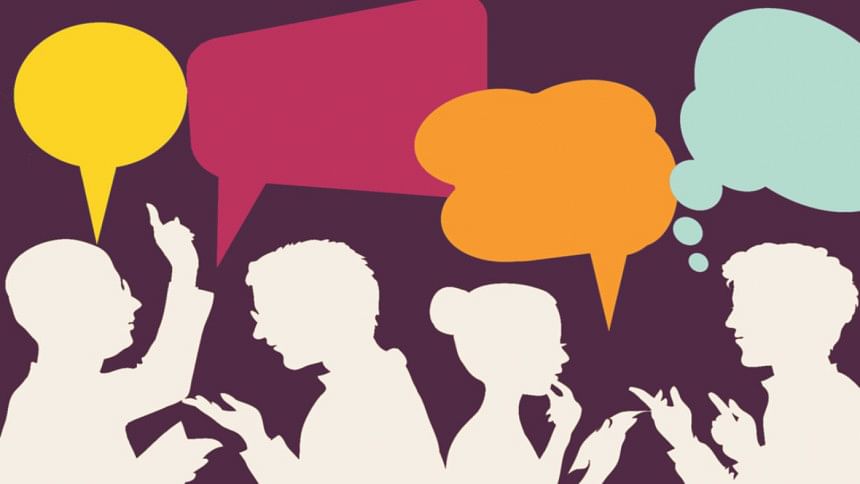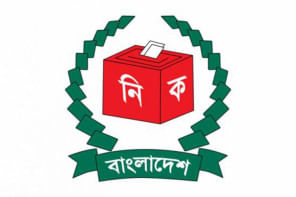Call-out culture: doing more harm than good?

It's no surprise that vigilantism has found its way onto the Internet, namely social media. There's an argument to be made that sometimes it does help to take matters into our own hands, for example when dealing with a problematic individual, especially when it seems as though nothing is being done by law enforcement or other responsible parties. The truth is, there is little or no margin for error when it comes to online vigilantism. It only works when you have concrete, infallible evidence of any misdoings, and even then it's better to let the situation be resolved through the proper official channels.
Tying in with the concept of online vigilantism is "call-out culture." People take it upon themselves to publicly call out either a person or a group of people for a myriad of perceived injustices, and while these instances often generate support and positive feedback, there are many reasons why calling someone out shouldn't be your first port of call.
It seems that over the last few years, young people have taken a more active interest in social justice issues, and have been more vocal about condemning those that perpetuate misogyny, homophobia, racism, and so on. In theory, exposing oppressive behaviour sounds like something everyone should be practicing. In this day and age, it's virtually impossible to avoid ignorant opinions on social media, no matter how selective you are about your connections. The ideal outcome would be to not only confront, but also to educate people who exhibit ignorance in the hope of contributing to a more progressive and understanding society.
Of course, this isn't always the case, and the reality can be more problematic. Under the guise of activism, people are using the act of calling out problematic people to merely attack them and to make themselves appear more intelligent. It's all very "holier than thou" and detracts from the actual issues at hand. It is one thing to address a person's mistakes in an attempt to educate them; to dredge up someone's past transgressions for the sake of publicly shaming them is entirely different. Education is the core component of call-out culture, yet there are online activists that seem to forget this. We're all guilty of being ignorant about issues at some point in our lives, but it hardly seems fair to face backlash for it months or even years after that.
It's becoming increasingly difficult to ignore ignorance on the Internet, and people shouldn't be allowed to get away with making ignorant and divisive comments. At the same time, it's important to know the risks associated with calling someone out. An alternative to calling out—called "calling in"—was proposed by Ngọc Loan Trần a couple of years ago in a blog called Black Girl Dangerous, and it is a more compassionate and patient approach to confronting oppressive or ignorant behaviour rather than putting them on blast straight away. It operates on the understanding that we all make mistakes and that we should be given a chance to understand why we're in the wrong in order to unlearn these behaviours. We're less receptive to this kind of constructive criticism if we're publicly shamed from the get-go. Granted, the calling-in approach isn't always effective as there are people that insist on being obtuse, and it isn't always worth spending our time and energy on someone who refuses to listen and be open-minded.
Call-out culture is multifaceted, and it isn't something you can apply hard-and-fast rules to. It isn't always about exposing people with racist or sexist tendencies, for example. Coming forward about sexual abuse and harassment, something that has been prominent in the news lately, offers solidarity to those affected. All it takes is one person to speak up and call out an abuser, which then encourages others to join the conversation, creating a sort of safe space in the process. This is where online vigilantism comes into play, because naming and shaming an abuser is all well and good provided it doesn't interfere with any legal proceedings, but you also have to be 100 percent sure it doesn't backfire on you. Unfortunately, we live in a world where false accusations are rife, and being wrongly targeted online for something could lead to disastrous consequences. Mob mentality takes over and it results in people receiving a barrage of insults and even death threats, so it's important to bear in mind when calling someone out.
Although the call-out culture began in social justice circles with good intentions, it has been abused and turned into something toxic and damaging. There are so-called activists who have lost sight of what's important and misused the act of calling-out to serve their own misguided intentions. If you see someone exhibiting oppressive or ignorant behaviour, take the time to figure out the best plan of action. To ignore it is to be complicit, and to speak up is to enter unchartered territory as there's no way of predicting how the person will react. Being tactful is imperative, even if some people are less deserving of our time and diplomacy. We owe it to ourselves to engage with people who express ignorant views because keeping quiet isn't going to change the state of society.
Zahrah Haider is a journalism graduate and freelance writer currently living in the UK.





Comments